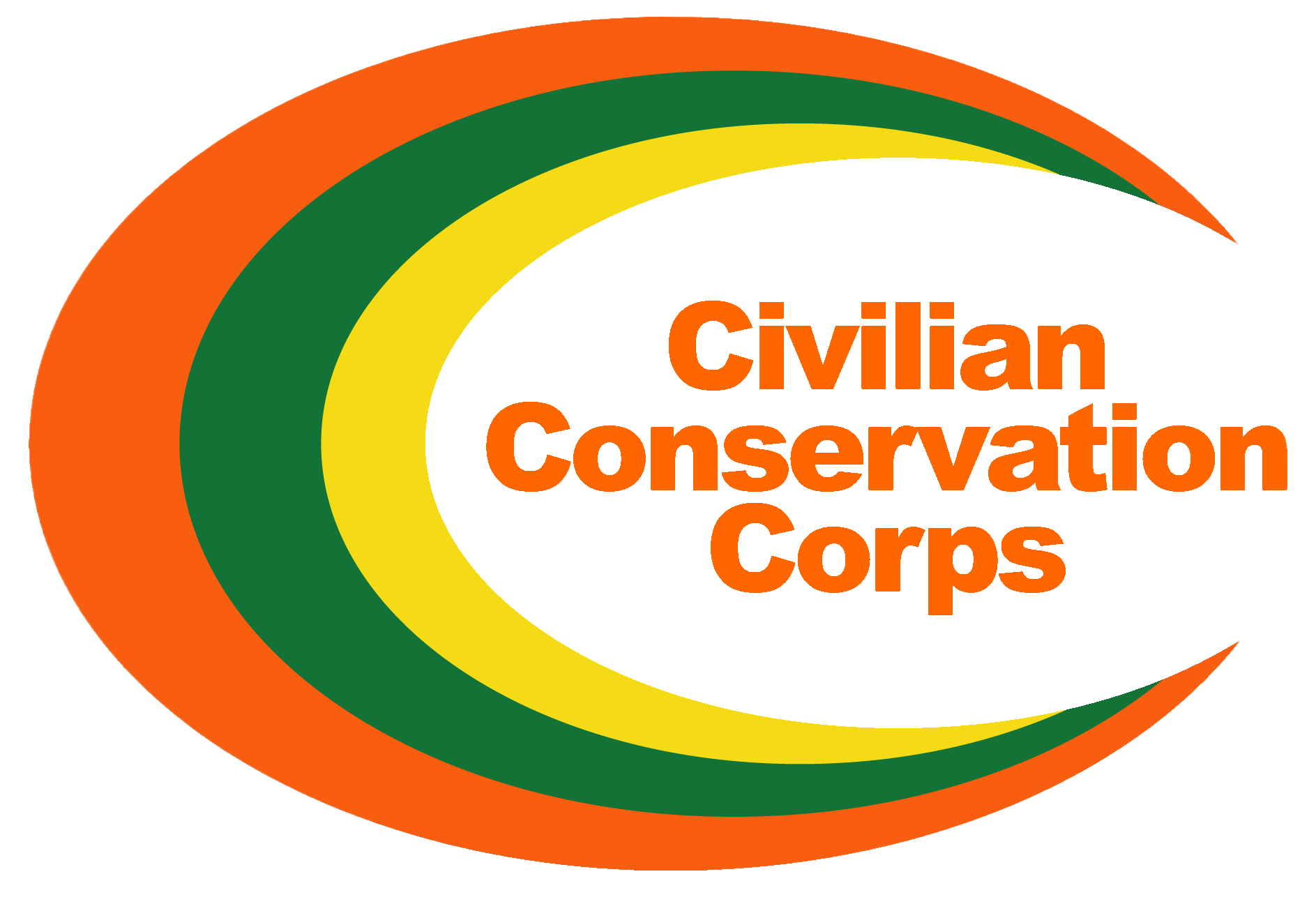Our Philosophy
Our core Framework
The Trinidad and Tobago Civilian Conservation Corps Programme model is based on noted psychologist Kurt Lewin’s 1958 Model of Change, which consists of three phases:
- Unfreezing – Create the right environment
- Transformation – Support change to the desired state
- Refreezing – Reinforce to anchor change
This proven theory suggests that in order to bring about lasting change, there should be these three (3) stages; unlocking of the present social system, behavioural movement in the desired direction of change, and deliberate steps to ensure that the new state of behaviour remains relatively permanent.
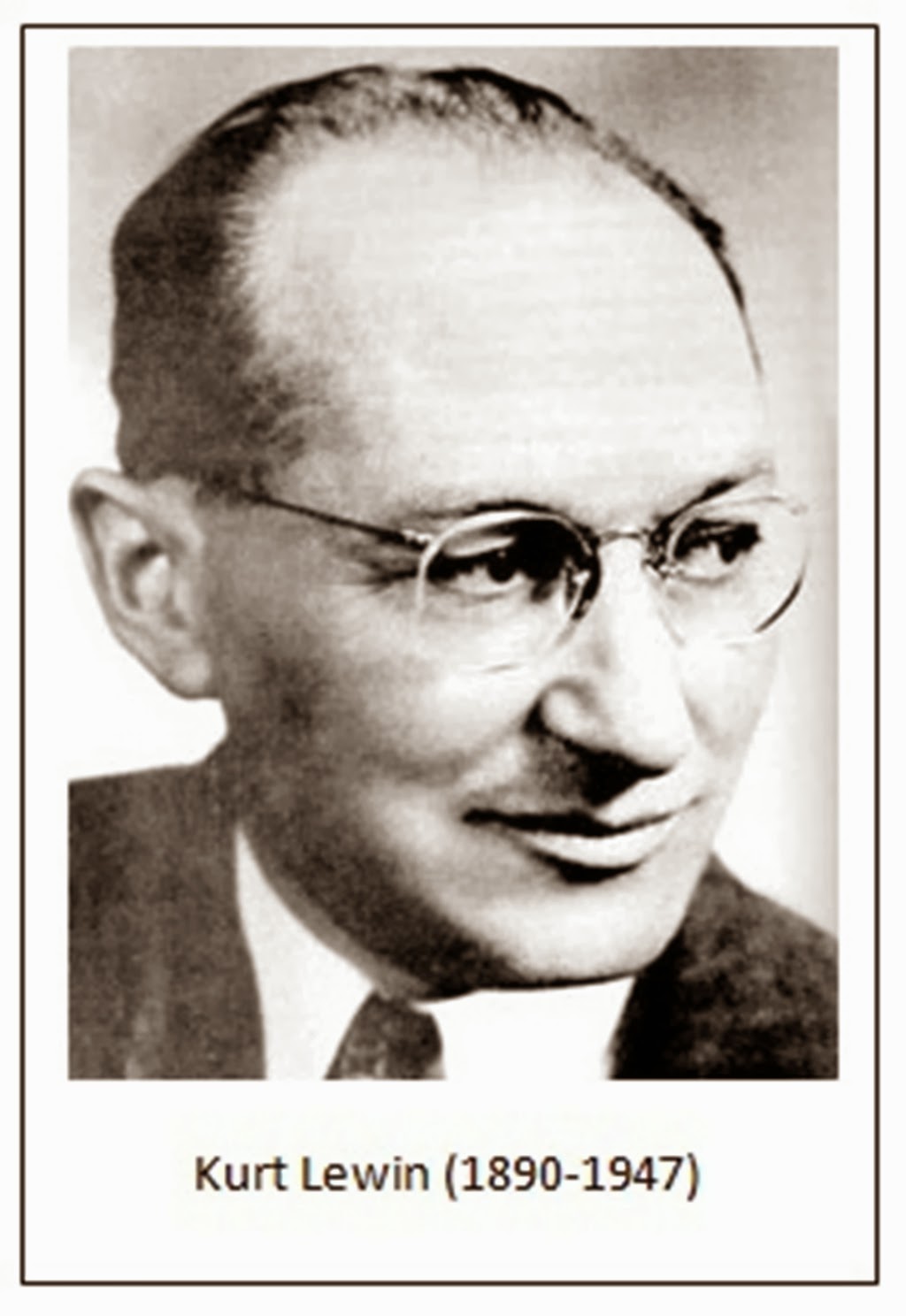
Phase i - the unfreezing (Life Skill Training)
During the first two (2) months of each cycle, all trainees nationwide participate in a synchronised induction (unfreezing) Programme that is unique to the CCC. Trainees are exposed to Character Development, Career Guidance, Drug and Substance Abuse Awareness, Anger Management, and Disaster Management just to name a few.
- Lay the foundation for creating positive attitudinal change in the trainees.
- Empower Trainees to better understand the challenges of adult life and to appreciate that there are ways to meet and beat these challenges.
- Encourage Trainees to better understand themselves and relate well to others.
Phase II - Transformation (Job Training)
For the next four (4) months, Trainees learn on-the-job skills in one vocational skill of their choice. Trainees also gain numerous opportunities to actively practice the values, attitudes, behaviours and techniques they learned in Phase I.
Phase iII - Refreezing (Benefits Delivered)
This is done at special sessions during the last two (2) weeks where feedback is encouraged and attempts made to determine the positive changes in the general behaviour and to reaffirming some of the new values, attitudinal and behavioural changes, as well as marketability, which have been offered to the Trainees.
Programme Activities
Trainee Involvement
Our gallery below gives you an insight on some of the community activities, skills training, cultural and sporting events Trainees are involved in.
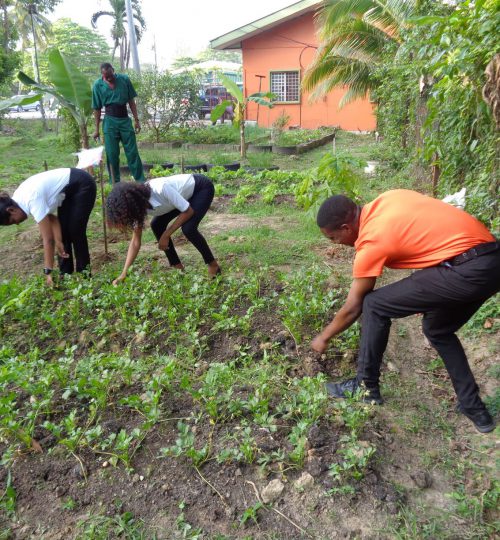
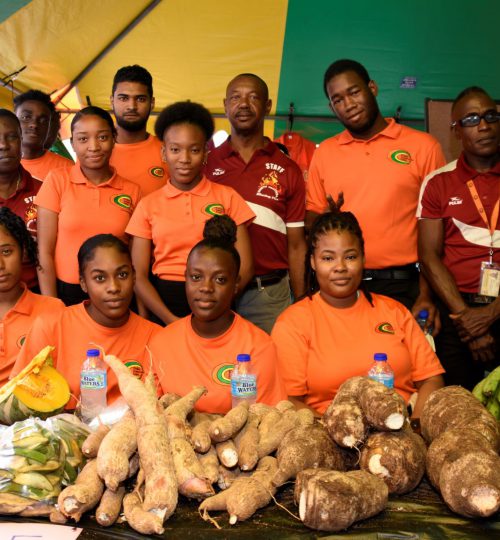
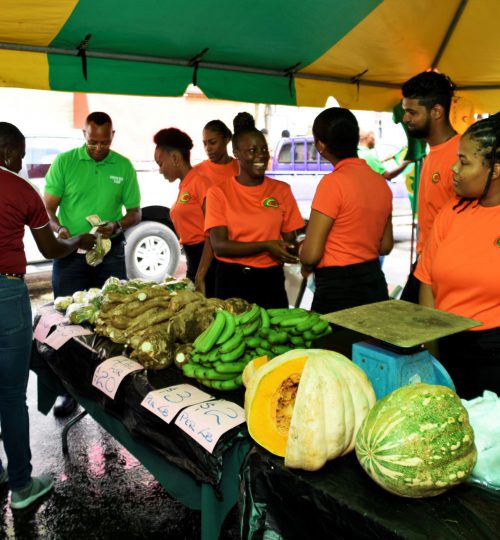

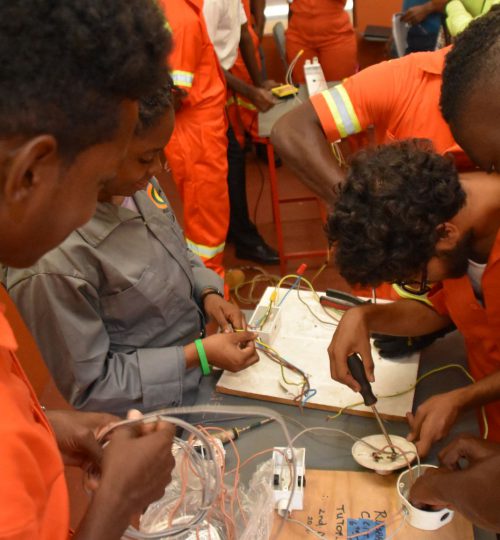
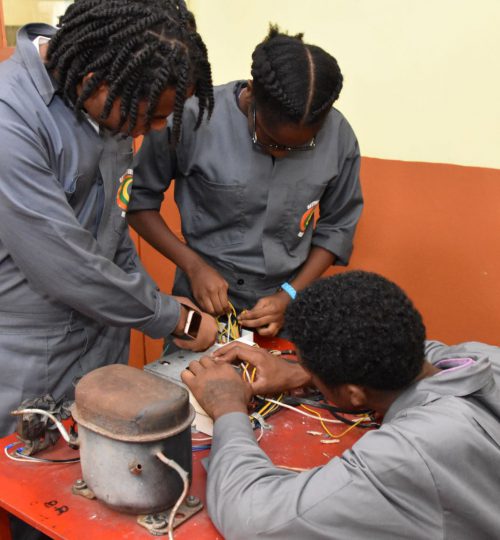

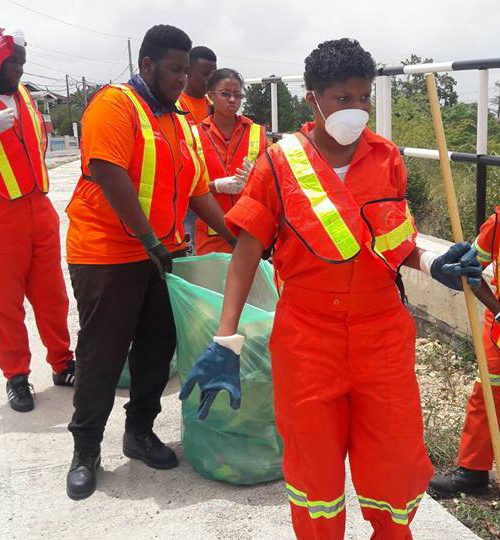
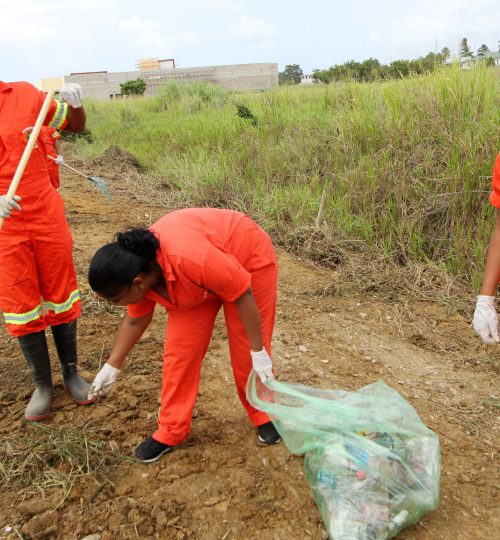
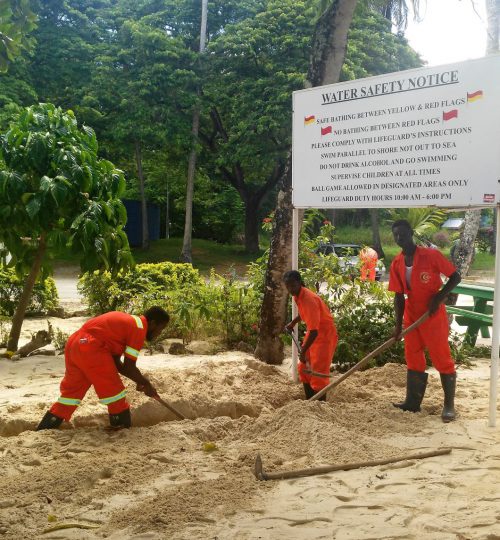
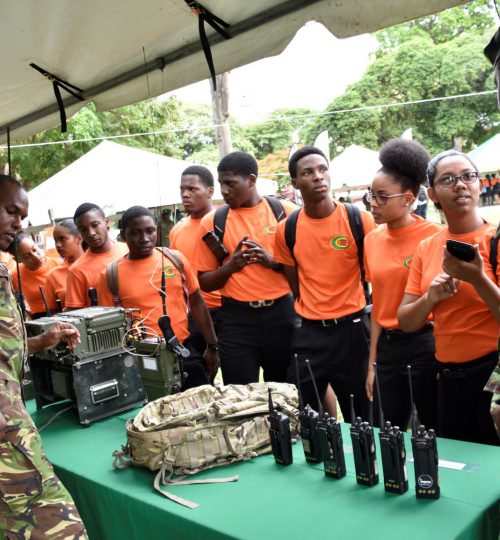
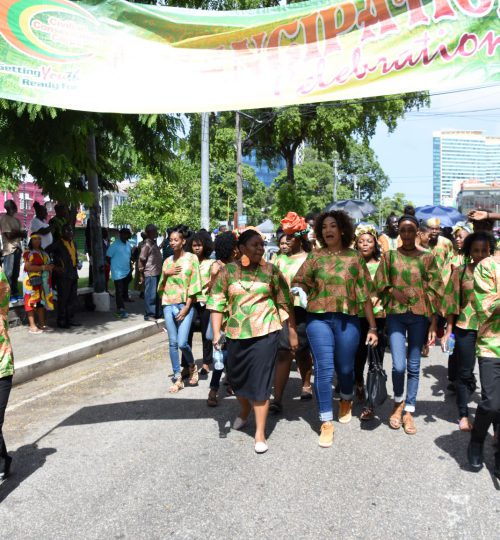
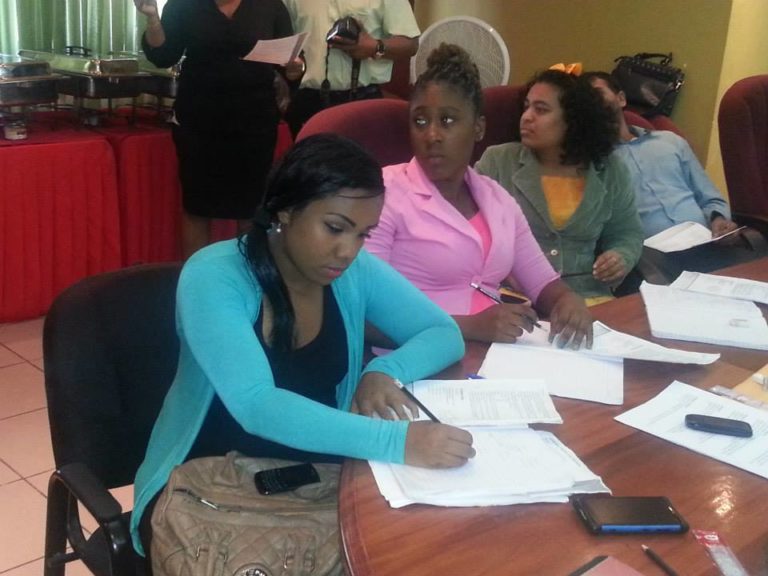
What makes us Unique!
One of the unique and most successful features of the Civilian Conservation Corps (CCC) is the employment of successful graduates as Junior Team Commanders (JTCs) and Assistant Team Commanders (ATCs).
These graduates are specifically selected to work within the CCC Programme because they exhibit skills, knowledge, attitudes, and values that are a motivation and inspiration not only to trainees, but to young people as a whole.
ATCs and JTCs form the core of the Administrative Staff of the Programme. See below for the responsibilities of ATCs and JTCs:
Assistant Team Commanders
Assistant Team Commanders are employed at the Regional or Departmental level, depending on demand. They are under the direct supervision of Team Commanders and Detachment Commanders (Regional Level), or Supervisors/Heads of Departments (Departmental Level).
As such, and depending on their placement (Regional or Departmental), they are responsible for assisting Team Commanders or Department Supervisors in carrying out the functions of their respective Region/Department, or as otherwise detailed.
Junior Team Commanders
Junior Team Commanders are employed at the Regional and/or Departmental level, depending on demand. They are under the direct supervision of Regional Managers (Regional level), or Supervisors/Heads of Departments (Departmental level). As such, and depending on their placement (Regional or Departmental), they are responsible for:
– performing any administrative tasks given to them to ensure that the administrative branch of their respective Region/Department is functioning properly;
– assisting in supervising trainees when called upon to do so.
